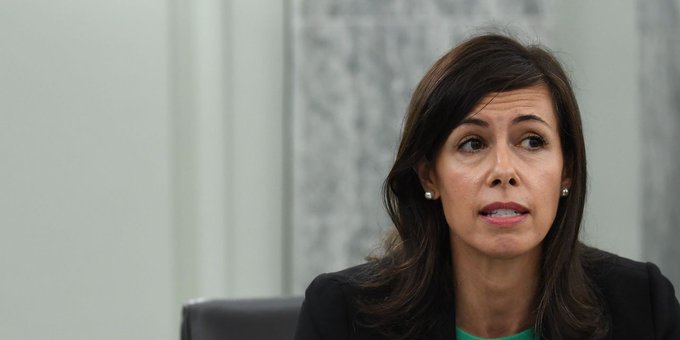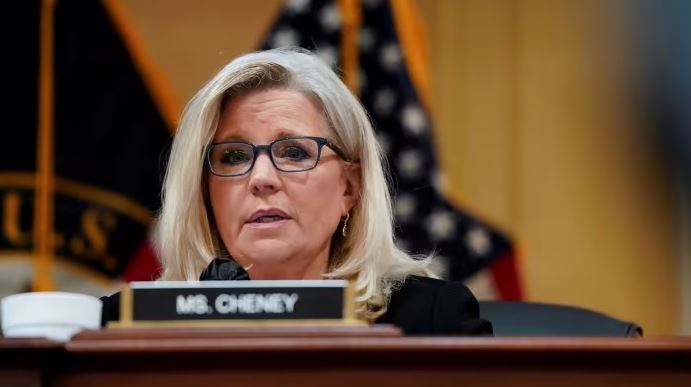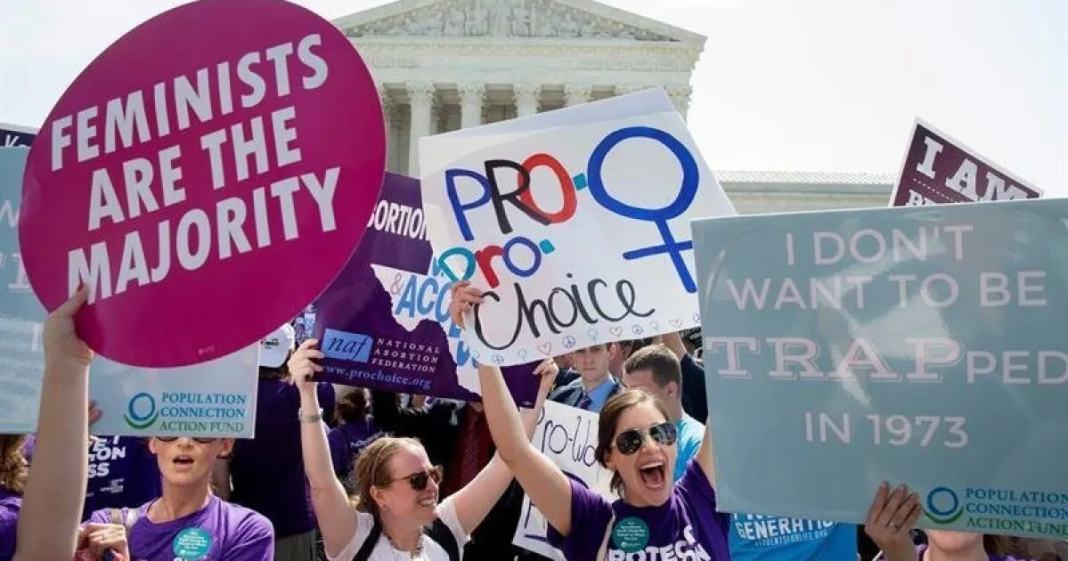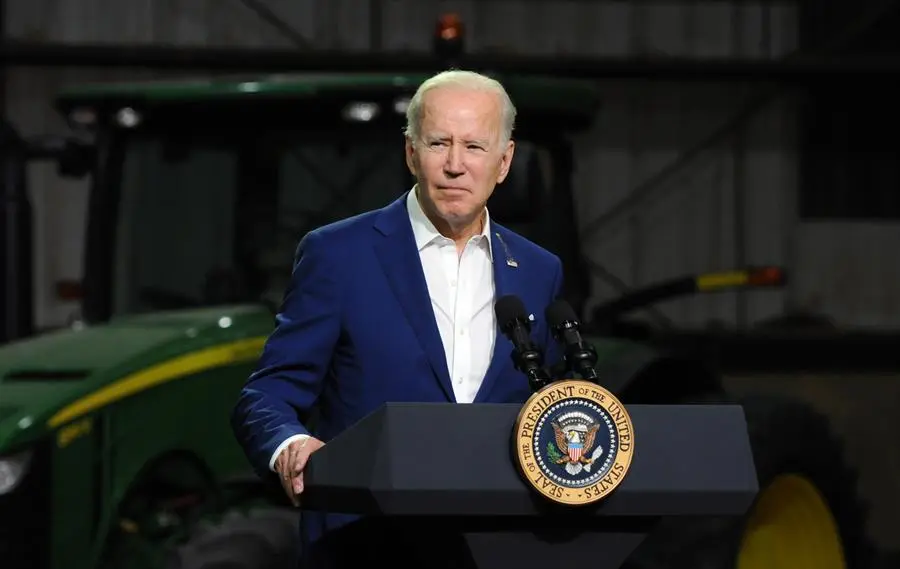President Joe Biden on Tuesday nominated two women, Jessica Rosenworcel and Gigi Sohn, to head the Federal Communications Commission, in an attempt to prevent this important internet regulator from being controlled by a Republican majority.
If confirmed by the Senate, Rosenworcel, who until now has served as acting president of the FCC – an agency charged with ensuring Internet access for Americans – would become the first woman to hold the position permanently.
In addition, Biden chose Sohn, a former FCC employee and an activist for net neutrality, to fill the position left by Rosenworcel as commissioner of the FCC when she became acting chairman of this body.
If ratified by the Upper House, Sohn would also be the first FCC commissioner to be openly a member of the LGTBQ collective.
The work of the FCC, which has five commissioners, is to promote competition among Internet service providers, monitor mergers between telecommunications companies, and regulate radio, television, satellite, cable, and online broadcasts, among others.
The FCC currently has four commissioners: two Democrats, who are Rosenworcel and Geoffrey Starks, and two Republicans, Brendan Carr and Nathan Simington.
Since January he has had a vacancy that has not been filled so far by the Biden government.
If the two nominees are endorsed by the Senate, there will be a majority of Democratic commissioners, which will facilitate the efforts of the Biden Administration to promote internet neutrality.
In the event that the two nominees are not ratified by the Upper House before the end of this year, Rosenworcel’s term will end before 2022, giving Republicans a “de facto” majority in January.
Until now the priorities of the Democrats in this agency have been paralyzed due to the tie in the number of commissioners.
The Biden government wants to restore net neutrality rules to encourage competition with measures such as prohibiting internet providers from blocking certain content or allowing customers to pay more for faster service.
Net neutrality is the concept with which the provisions that protected the internet as a public service are known, conditions that had been approved under the Barack Obama government (2009-2017) in 2015 and that were abolished in December 2017, already under the Executive of Donald Trump (2017-2021).























































































